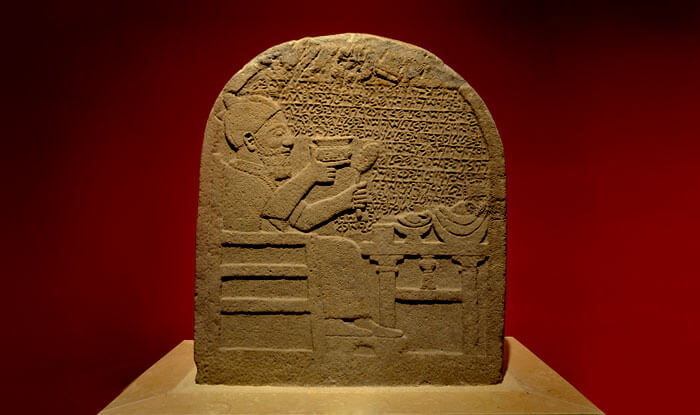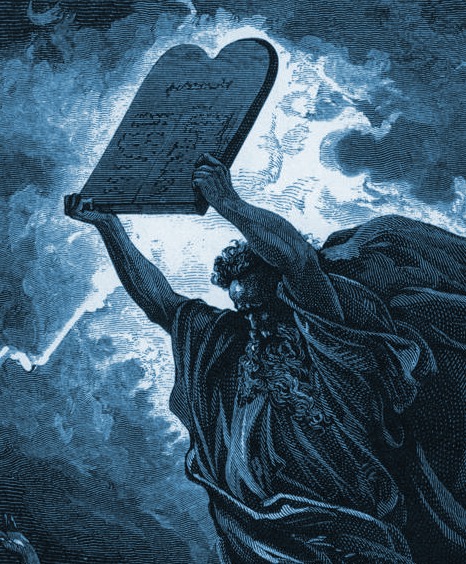McClellan goes over how spirits and divine entities were immortalized on relics and alters by their names. One example is the Kuttamuwa stele:

I am KTMW (Kuttamuwa), servant of Panamuwa, who commissioned for myself (this) stele while still living. I placed it in an eternal chamber and established a feast (at) this chamber: a bull for Hadad Qarpatalli, a ram for NGD/R ṢWD/RN, a ram for Šamš, a ram for Hadad of the Vineyards, a ram for Kubaba, and a ram for my “soul” (NBŠ) that (will be) in this stele. Henceforth, whoever of my sons or of the sons of anybody (else) should come into possession of this chamber, let him take from the best (produce) of this vine(yard) (as) a (presentation)-offering year by year. He is also to perform the slaughter (prescribed above) in (proximity to) my “soul” and is to apportion for me a leg-cut.
To this day we to this with gravestones as monuments to remember our loved ones who have passed as if the stone itself holds their spirits.
This was true for divinities. Etching the name of a particular god onto an idol would magically transform that idol into the god. This was not idol worship though because it was truly believed that the spirits of the god would use that statue as a vessel to commune with his followers.
But McClellan points out that this practice was also down with YHWH
To Adonai and his Asherah
On the subject of objects and special plaques embodying the spirit of the gods, he singles out how the stone tablets of the Law bore the declaration אָֽנֹכִ֖י֙ יְהוָ֣ה אֱלֹהֶ֑֔יךָ, I am the LORD thy God, literally embodying the presence of YHWH within them.

The traditional stone tablets of Moses, not too dissimilar from the Kuttamuwa stele
But these divine idols are of stone. What of other materials?
The closest analogue is the Egyptian Book of Coming Forth by Day which were personalized manuals given to the deceased to help with their journey through the after life. But as with their stone mortuary counterparts, these were believed to be living and breathing texts that contained a person's essence, the Ka, so they could read it while being dead in Ta-Amen.
So could this thinking have trickled down all the way to Christianity and the nomina sacra?
Immediately the Gospel of Mark opens with Ἀρχὴ τοῦ εὐαγγελίου Ἰησοῦ Χριστοῦ/ΙΥΧΥΥΥΘΥ, The beginning of the gospel of Jesus Christ.
Matthew, Luke and John pussyfoot around while Mark dives right into it almost like this was an original title for the text.
Keeping in mind the aforementioned practice of names embodying the divine presence in them, would it be a bridge too far to assume this with the Gospels? Gospel of Mark at the least? In short the Gospel itself was ΙΣ ΧΣ on earth and for all times.